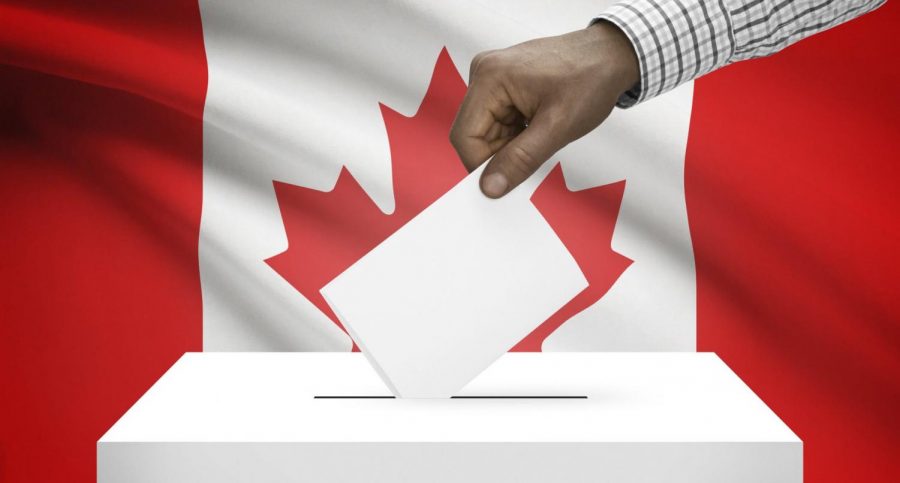Why Not All Speech Should Be Protected
Though the protection of free speech is crucial, it is understandable that Canada would want to prevent misinformation. (Courtesy of Flickr)
April 3, 2019
By Nicholas Zaromatidis
This past December, Bill C-76 was passed in Canada requiring all online platforms to keep a record of all political and partisan advertisements that they directly and indirectly publish.
In response to this, Google Canada’s Head of Public Policy Colin McKay stated that Google “will not accept advertising regulated by Bill C-16.” Bill C-16 is a part of the larger election regulatory laws, passed to promote transparency and content integrity.
My initial urge is to cry out that these citizens have First Amendment rights, protected by the Constitution to exercise the freedom of religion, speech, assembly, etc. The small piece of information that my initial urge inevitably forgot was that these rights are protected by the United States Constitution — not the Canadian counterpart. Although on the surface this may seem unfair, Google could pull the plug on political advertising in the United States.
I am not promoting this in any sense, but Google, as a private company, can refuse political advertising as long as it is equally applied to the entire United States. We have no protected right to see political advertisements on Google; we do have the right to receive accurate information upon request, but not through the form of the verified political advertising Google has provided in the past.
Even though Google has banned political advertising on its platform, it has a list of credible sources to point voters in the right direction about the candidates on the ballot. This decision was neither meant to discourage a flow of information nor display Google’s authority over information. This decision was meant to underscore Google’s dedication to ensuring the accuracy of information that is viewable through their search engine.
Although I do believe it is the individual’s right to filter through information, I have to applaud Google for its dedication to accuracy and effectiveness, even though it was prompted by a change in Canadian law.
According to Google’s political advertising politics in the United States, New Jersey, Maryland, Nevada and Washington do not allow local or state officials to advertise through Google. This may come as a shock to some, but with increasingly strict election laws in neighboring nations, the United States is starting to see the need for a trend in electoral reform.
I feel that this minimal prevention of political advertising has had effects on the local and state levels.
There have been numerous studies examining the effects of political advertising through social media and platforms such as large search engines like Google. A study performed by Oxford concluded that the effects of political advertising are all contextual to the situation.
It depends on what was being shown in the advertisement, what it relates to, what message it promoted and the current state of the viewer. The viewer could see an advertisement that focuses on the candidate’s policy of anti-animal cruelty while you are snuggled up with your dog in bed. This may elicit a much stronger feeling than simply hearing about topics disinteresting to the specific viewer.
Although some political advertisements are positive, this initiative will prevent the needless slander between candidates and other political organizations.
There is not a place for negative advertisements in the media, especially in a political environment. If there must be a form of negative advertising, then the individual should be presented the information in a much more diplomatic manner.
In other words, if an individual is inexperienced or has flaws in their political stances, then it should come to light in a political forum or debate between candidates. Private or familial issues should not have any bearing on a candidate’s ability to assume the position that they are running for.
I have seen too many negative political advertisements which have a negative effect on me; I look to the aggressor with disgust because they funded a specific mailer or for the information to be coordinated and released.
Therefore, with the information provided from this research, political advertising is all about perfect timing.
With that being said, Canadians will have to resort to other platforms to gain more accurate and effective information regarding their candidates.
Nicholas Zaromatidis, GSB ’21, is an applied accounting and finance major from Franklin Square, New York.












If you want a picture to show with your comment, go get a gravatar.